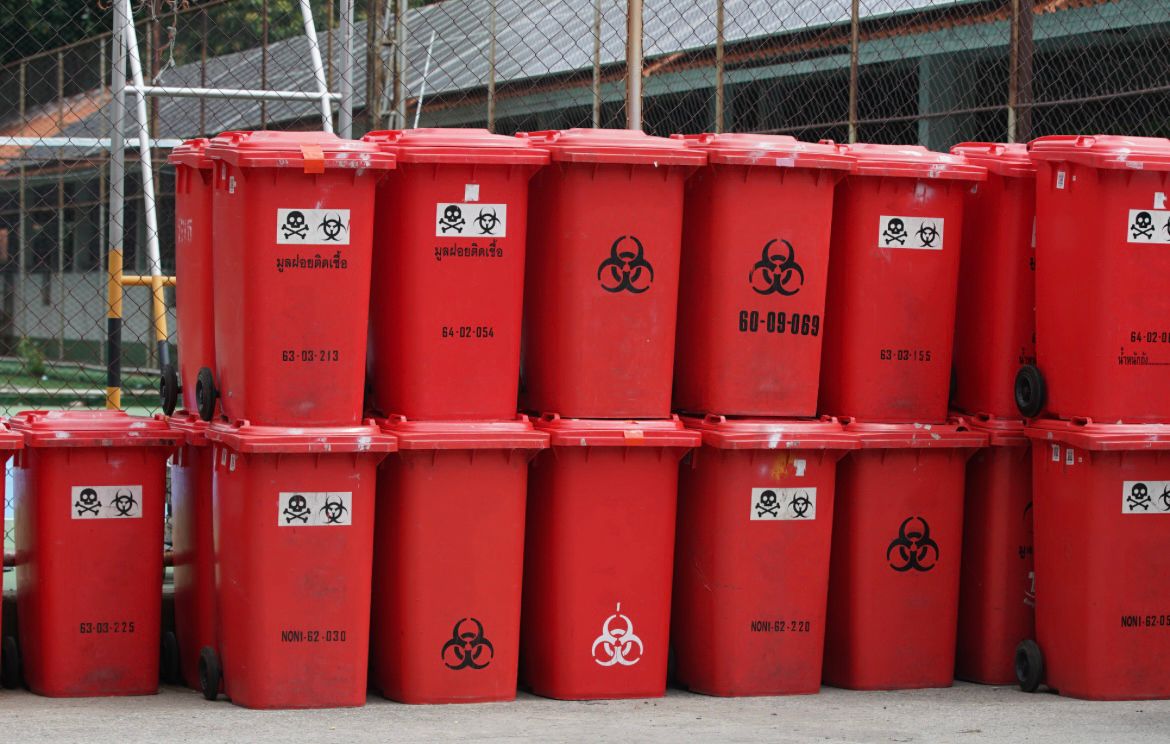Hospitals are the first line of defense against disease, providing essential services to people in need of medical care. However, with such a large amount of patients, waste is produced in great volumes. This waste can be hazardous to both people and the environment if it is not handled responsibly. As such, hospitals must have strict protocols in place to ensure safe and responsible hospital waste handling.
The first step in safe and responsible hospital waste handling is proper identification. Different types of waste require different disposal measures, so it is important to know what kind of waste is being produced. Common types of hospital waste include medical sharps (needles, syringes, etc.), infectious waste (bandages, dressings, etc.), and hazardous waste (chemicals, drugs, etc.). Labeling each type of waste is crucial to ensure proper disposal.
Once the waste is properly identified, it must be safely stored until it can be disposed of properly. Different types of waste require different storage methods. Medical sharps, for example, should be stored in puncture-proof containers, while infectious waste should be stored in leak-proof containers. Proper storage not only protects personnel from potential hazards, but also prevents the contamination of the environment.
When it comes time to dispose of the waste, hospitals must adhere to all local and federal regulations. Depending on the type of waste, it may be required to be disposed of in a specific manner, such as burning, autoclaving, or landfilling. Additionally, hospitals must have an effective tracking system in place to ensure that all waste is disposed of responsibly and in accordance with the regulations.
Finally, hospitals should have a waste reduction plan in place. Reducing the amount of waste produced can help to reduce costs and minimize the potential for hazardous waste to enter the environment. By recycling, reusing supplies, and utilizing more efficient products and processes, this can be accomplished.
Safe and responsible hospital waste handling is essential to ensure the health and safety of both personnel and the environment. By properly identifying, storing, and disposing of waste, and implementing a waste reduction plan, hospitals can ensure that they are compliant with all applicable regulations and protect the environment.


